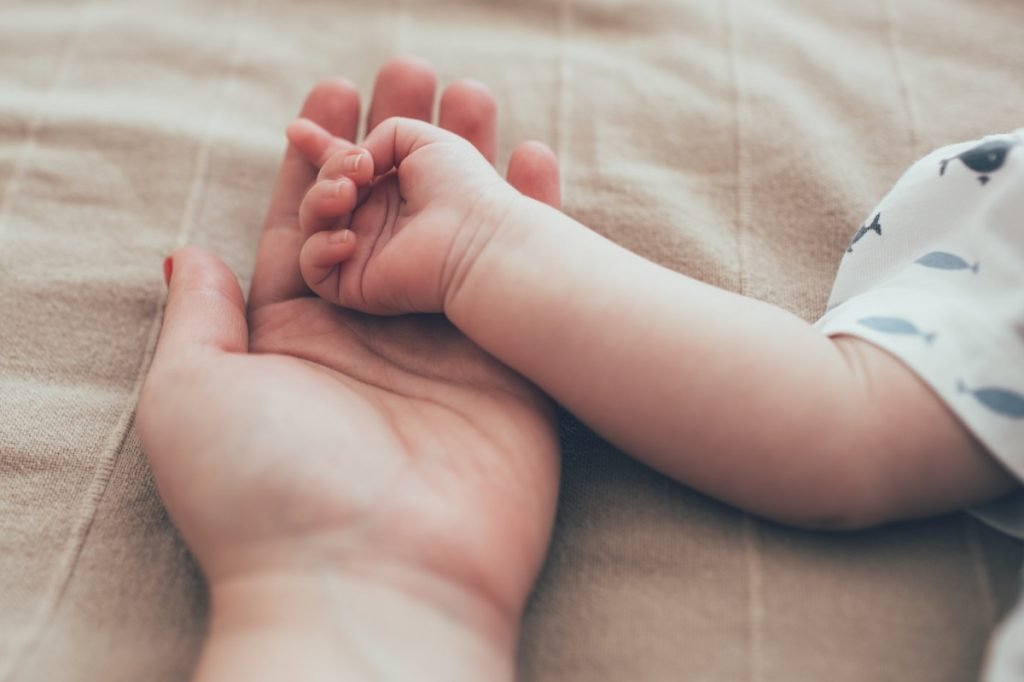Israeli researchers have discovered that babies show empathy for a bullied victim as early as six months of age, according to a study published in the British Journal of Psychology last month.
In the paper, titled “Young infants are pro‐victims, but it depends on the context,” researchers from Ben-Gurion University of the Negev (BGU) and Hebrew University of Jerusalem discussed the results of two experiments they claim “contributed to the debunking of the theory that babies only develop the ability to empathize after one year,” according to a statement by BGU.
SEE ALSO: New Israeli Study Shows Medical Cannabis Eases Eases Autism Symptoms in Children
“The findings indicate that even during a baby’s first year, the infant is already sensitive to others’ feelings and can draw complicated conclusions about the context of a particular emotional display, “said Dr. Florina Uzefovsky, head of the BGU Bio-Empathy Lab, senior lecturer in BGU’s department of psychology and the Zlotowski Center for Neuroscience.
Along with Dr. Uzefovsky, researchers Dr. Maayan Davidov and Yael Paz of Hebrew University’s School of Social Work and Social Welfare also participated in the study.
In the first experiment, researchers determined that five-to-nine-month old infants demonstrate a clear preference for the victim. The researchers showed two video clips to 27 infants. In the first video, a square figure with eyes climbs a hill, meets a circular friendly figure, and the two happily go down the hill together. The video is supposed to display clear positive or neutral feelings.
In the second video, the square figure attempts to climb the same hill, but the same circle figure appears, hitting and bullying the square figure until it goes back down, showing distress by crying and doubling over.
Sign up for our free weekly newsletter
SubscribeThe researchers then had the babies show their preference by choosing one of the square figures presented to them on a tray. More than 80 percent of the participants chose the figure that had shown distress, the researchers said. This showcased an empathetic preference towards the bullied figure, they indicated.
When a different group was shown the same set of figures without the context of the story (whether there were actions that gave way to happy or sad feelings,) the babies showed no preference for either figure.
“Even during the first year of life, babies are able to identify figures who ‘deserve’ empathy and which ones do not, and if it appears that there is no justification for the other one’s distress, no preference is shown,” Dr. Uzefovsky said.
Uzefovsky claims that if babies as young as six months can show signs of empathetic concern, then perhaps there is hope for promoting empathetic behavior and dissuading general bullying amongst children, adolescents, and even adults, in the future.
SEE ALSO: Long-Term Use of Acetaminophen During Pregnancy Linked To Higher Risk of Autism, ADHD
“Such empathic concern for…others is important as it can promote prosocial action (e.g. defending, comforting) and reduce the risk of behaving aggressively towards others,” she wrote in the study. “It is not yet known, however, how early in ontogeny children develop this empathic, positive attitude towards others who have been harmed. Specifically, do young infants already show this sensibility, and under what circumstances? The current study addresses this question.”
Related posts

Israeli Medical Technologies That Could Change The World

Harnessing Our Own Bodies For Side Effect-Free Weight Loss

Missing Protein Could Unlock Treatment For Aggressive Lung Cancer




Facebook comments